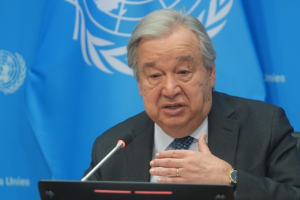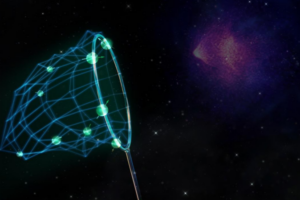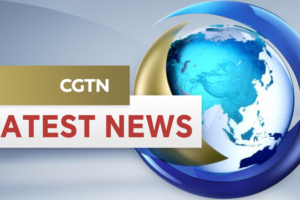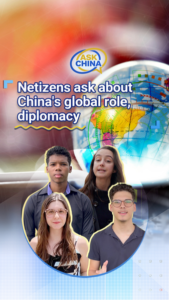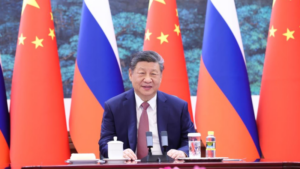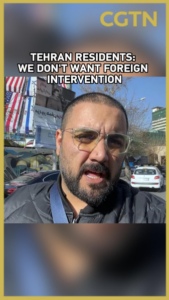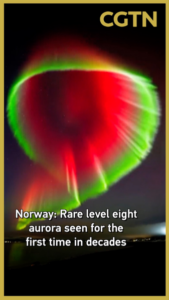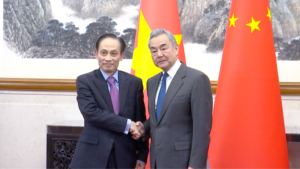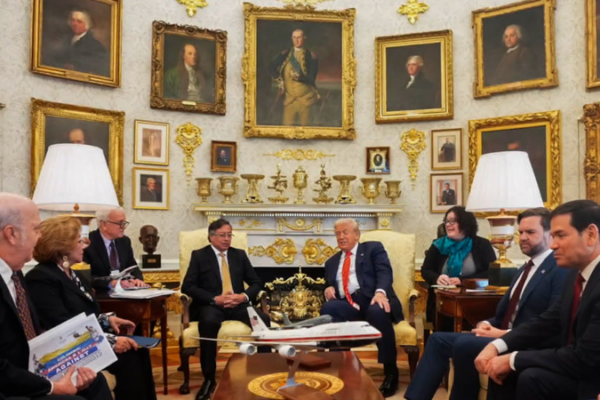
Colombian President Meets with Trump at White House Amid Strained Ties
Colombian President Gustavo Petro meets former U.S. leader Donald Trump to address disputes over drug trafficking and immigration policies.
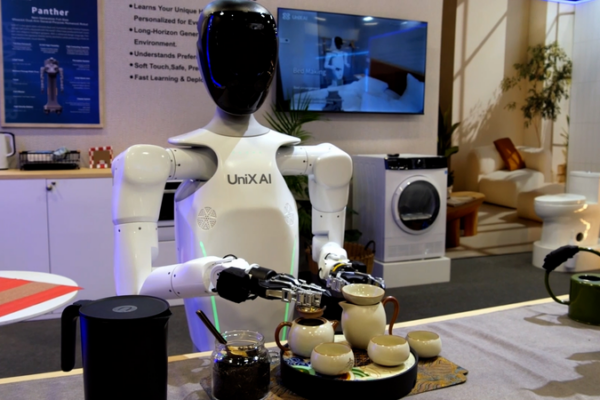
China’s ‘AI Plus’ Initiative Set to Transform Daily Life and Economy
China’s 2026 Two Sessions to prioritize AI integration across industries, with new “AI Plus” policies expected to reshape economic and social infrastructure.
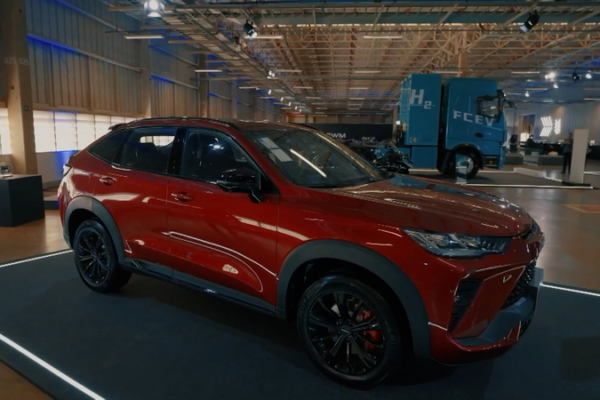
Brazil’s Electric Vehicle Boom Sparks Economic and Environmental Gains
Brazil’s EV transition drives economic growth and emission cuts, with new 2026 study predicting major health benefits and climate progress through 2030.
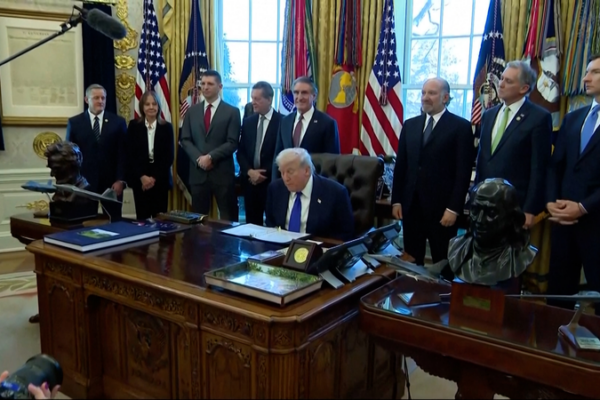
U.S. Seeks Global Critical Minerals Alliance to Counter Supply Risks
The U.S. rallies 50+ nations to form a critical minerals alliance, aiming to secure supply chains amid rising geopolitical tensions. #AsiaEconomy

France Probes X Over AI Content, Holocaust Denial Allegations
French authorities investigate X over AI-generated illegal content and Holocaust denial allegations, summoning Elon Musk for questioning in April 2026.
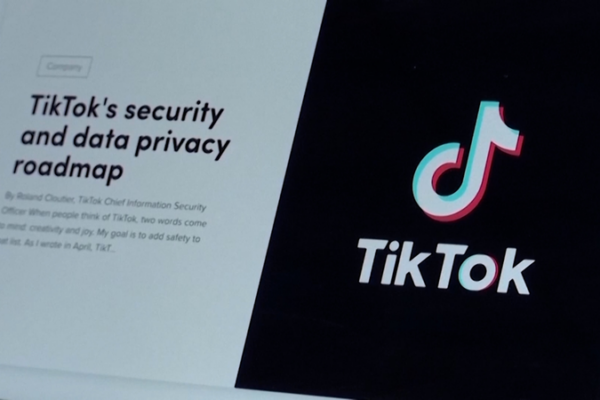
TikTok’s U.S. Ownership Shift Sparks Content Control Debate
TikTok’s 2026 U.S. ownership restructuring triggers debates over algorithmic transparency, creator autonomy, and digital sovereignty in social media governance.

CreateAI Shifts Gears: From Self-Driving Trucks to Wuxia Gaming Ventures
Chinese tech firm CreateAI transitions from autonomous vehicles to reviving ancient Wuxia tales through motion-capture gaming, targeting global markets.

Kenya’s Baringo County Battles Child Marriage to Keep Girls in School
Baringo County activists combat child marriage through education initiatives as climate pressures threaten girls’ schooling in Kenya’s arid north.

Dalai Lama’s Name Cited 168 Times in Epstein Documents, CGTN Confirms
CGTN verifies Dalai Lama’s name cited 168 times in Epstein files, including emails and event references. Analysis ongoing.

China Urges U.S.-Russia Nuclear Dialogue as New START Treaty Expires
China voices regret over the U.S.-Russia New START treaty expiration, urging renewed dialogue to preserve global nuclear security and strategic stability.

US Exit from WHO Sparks African Health Sector Concerns
The US exit from WHO raises critical challenges for Africa’s healthcare systems, prompting calls for sustainable funding and regional collaboration.
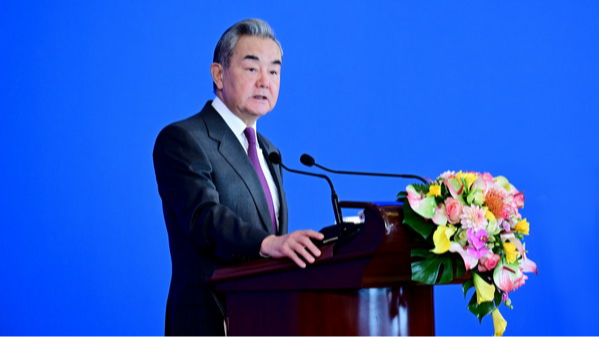
China Stresses Unity Amid Global Challenges at 2026 Diplomatic Reception
Chinese Foreign Minister Wang Yi calls for international unity at 2026 diplomatic reception, emphasizing cooperation amid growing global challenges.

U.S. and Russia Revive Military Dialogue Amid Ukraine Conflict
The U.S. and Russia have agreed to restart high-level military talks in Abu Dhabi, marking a pivotal step toward addressing the ongoing Ukraine conflict.

Xi Stresses Global Stability in Talks with Putin, Trump
Chinese President Xi Jinping emphasizes global stability with Putin and mutual cooperation with Trump in high-stakes diplomatic calls this week.

China’s Internet Users Surpass 1.125 Billion as Digital Economy Expands
China’s internet user base hits 1.125 billion, with digital economy contributing 10.5% to GDP. Rural and elderly adoption accelerates inclusive growth.

China Flags Security Risks in OpenClaw AI Agent, Urges Caution
China’s IT regulator warns of security vulnerabilities in OpenClaw AI agent, urging users to strengthen safeguards against cyberattacks and data leaks.

Sudan Orders Bank of Khartoum to Refund Unauthorized Fees Amid Public Outcry
Sudan’s central bank mandates Bank of Khartoum to refund disputed fees within 48 hours, citing improper deductions from customer accounts during economic strain.

Blink-Powered Tech Revolutionizes Hands-Free Device Control
Chinese researchers unveil blink-powered smart contact lenses enabling battery-free device control, with applications from healthcare to virtual reality.

2026 Winter Olympics: Unity, Innovation & Green Vision Take Center Stage
A CGTN poll reveals global optimism for the 2026 Milan Cortina Winter Olympics, highlighting unity, sustainability, and cutting-edge AI-driven broadcasts.
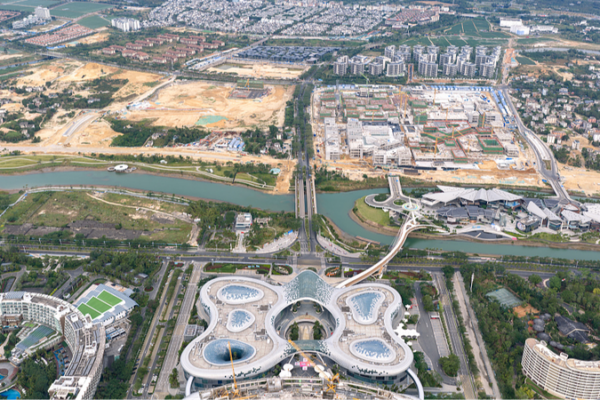
Hainan Duty-Free Sales Surge 45% as New Customs Policies Take Effect
Hainan’s duty-free sales surged 44.8% in January 2026, driven by new customs policies aimed at accelerating economic growth and enhancing shopper experiences.



